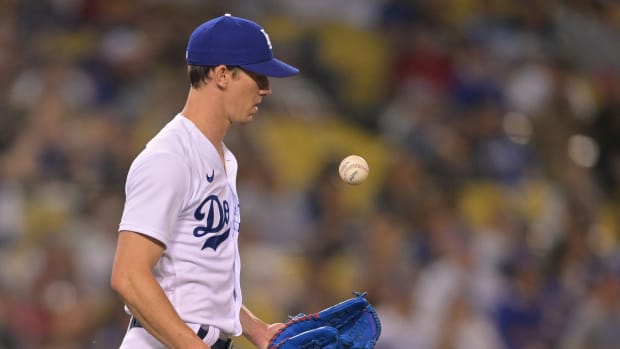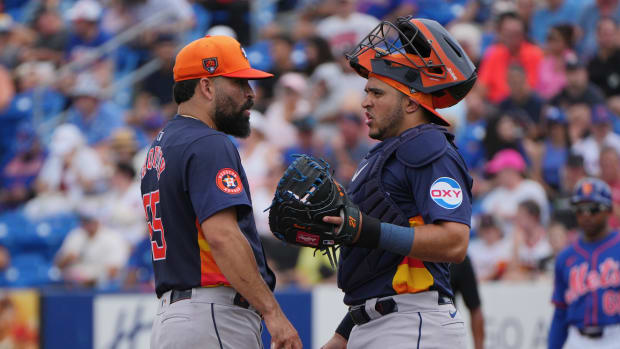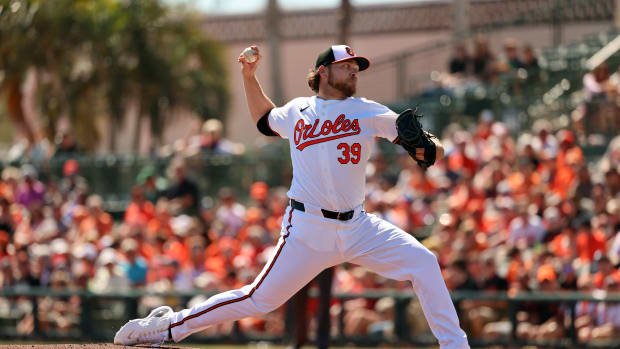No international draft for 2014, or anytime soon
An international draft may not happen while Bud Selig is commissioner. (AP)
Back in March, word had it that Major League Baseball and the players' union were negotiating to institute a worldwide amateur draft, and that if the two sides couldn't complete an agreement by June 1, a "poison pill" of tighter bonus restrictions on international amateurs would be implemented. One day before the deadline, Yahoo! Sports' Jeff Passan reported that there will be no such draft for 2014, the earliest such a change could have taken effect. In fact, a source told Passan that both sides are willing to table the matter until the end of the current Collective Bargaining Agreement in 2016.
That's a good thing. While MLB officials cite a system rife with the potential for corruption via identity fraud, performance-enhancing drug use and the trainer-based system as reasons for wanting to implement a draft, the reality is that this is more about restricting spending than reform, and may do more to harm competitive balance than to help it. The current CBA adopted in late 2011 introduced strong restrictions on signing bonuses for both the domestic draft and international players, with stiff penalties for noncompliance, thus limiting the way that teams on smaller budgets can focus their resources on acquiring amateur talent instead of overspending on major league salaries — a self-interested move by the union.
It's a particularly petty move on the part of teams, given that the total international bonus pool for each one, which ranged from $2.9 to $3.2 million last "year" (July 2, 2012 to July 1, 2013), was the rough equivalent of the average major leaguer's salary. The pool will vary more widely this year, from $1.85 million to $4.94 million — with the relative amounts based on reverse order of 2012 finish — but the total pool has actually been cut by 10 percent, from $87 million to $78.2 million, according to Baseball America, even as the total bonus pool for the domestic draft will rise by 6.6 percent, from $189.9 million to $202.5 million. The latter total is still well below the $228 million spent in 2011, albeit by a difference of less than $1 million per team.
One additional concern from draft opponents is the way such sweeping changes could dry up the player pipelines in Latin American countries, similar to what has happened to Puerto Rico since it became subject to the domestic draft in 1990. But despite those concerns, the reasons for not adopting the international draft in the near future appear to be less philosophical than logistical. From Passan:
"Despite MLB's efforts to pour more money and resources into Latin American countries, and particularly the Dominican Republic, centralizing such a potentially huge operation proved too difficult over the next calendar year. Baseball ultimately envisions an operation that keeps the heart of the trainer-based system while weeding out the crooked parts that also have included kickbacks to scouts."




































